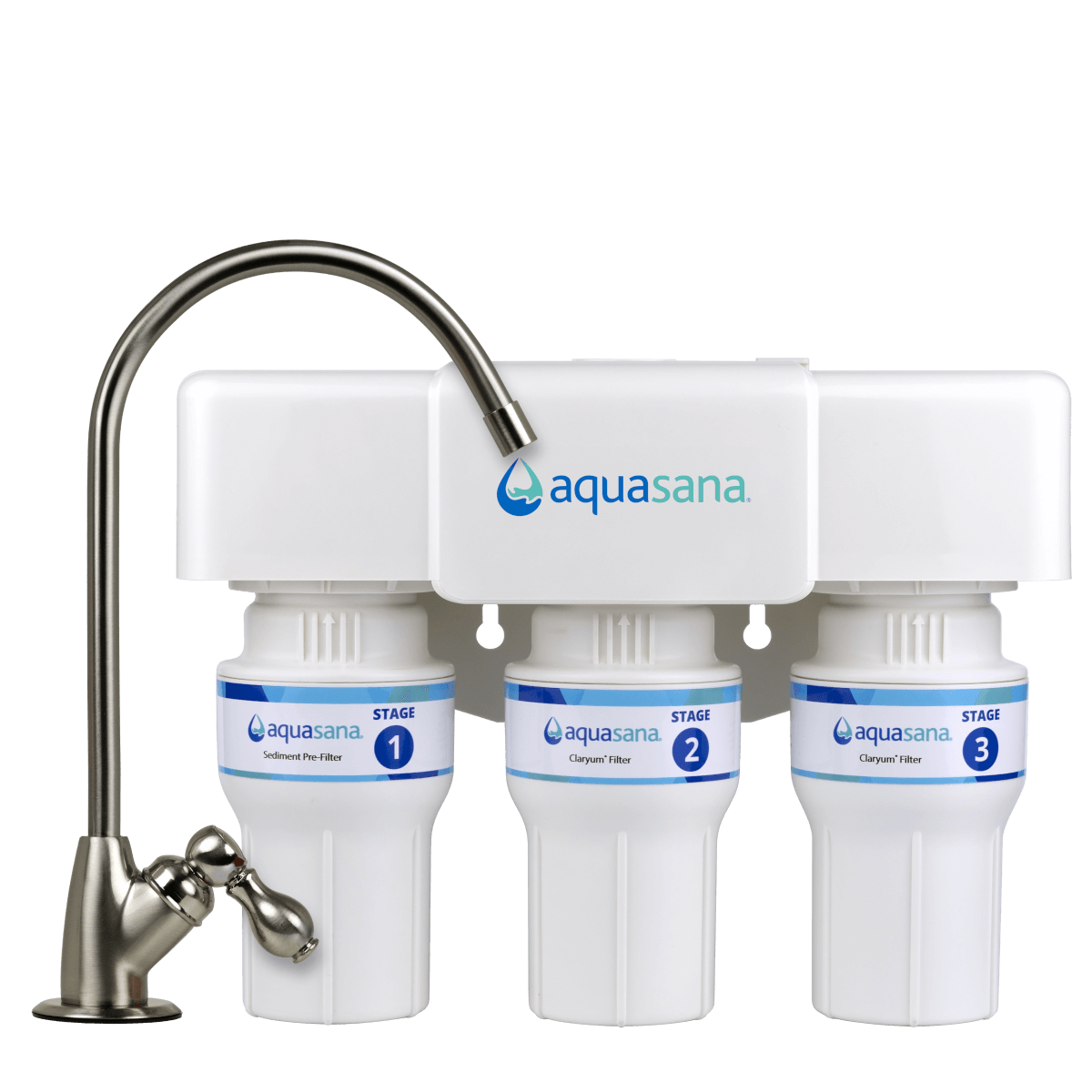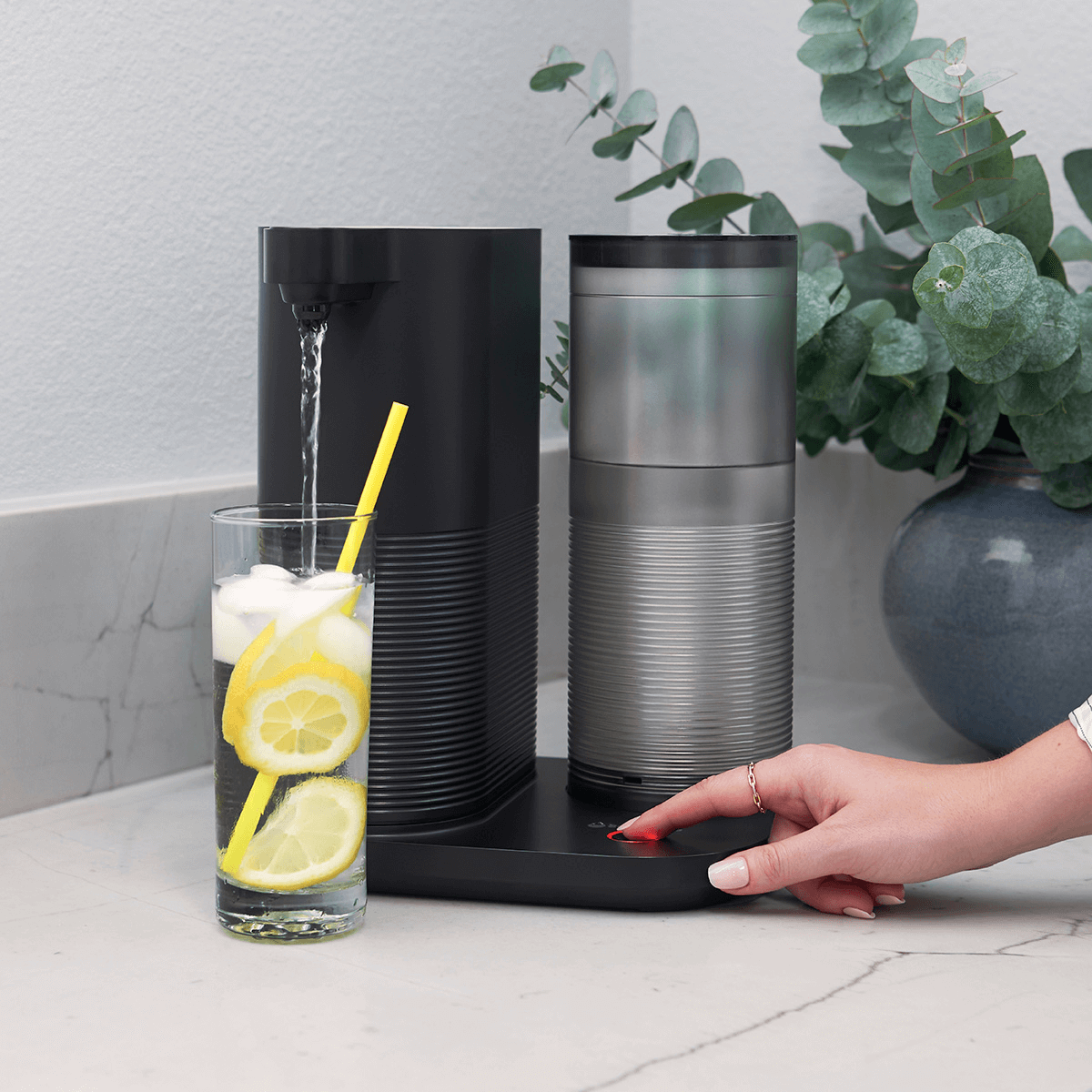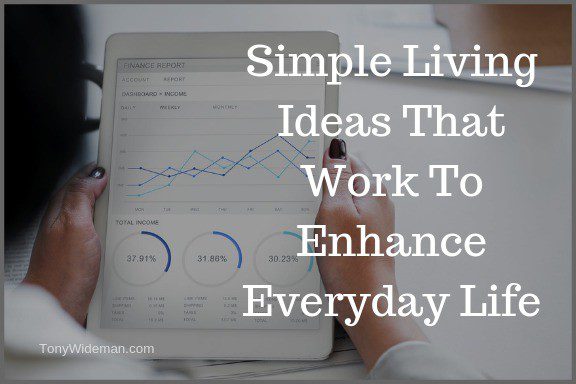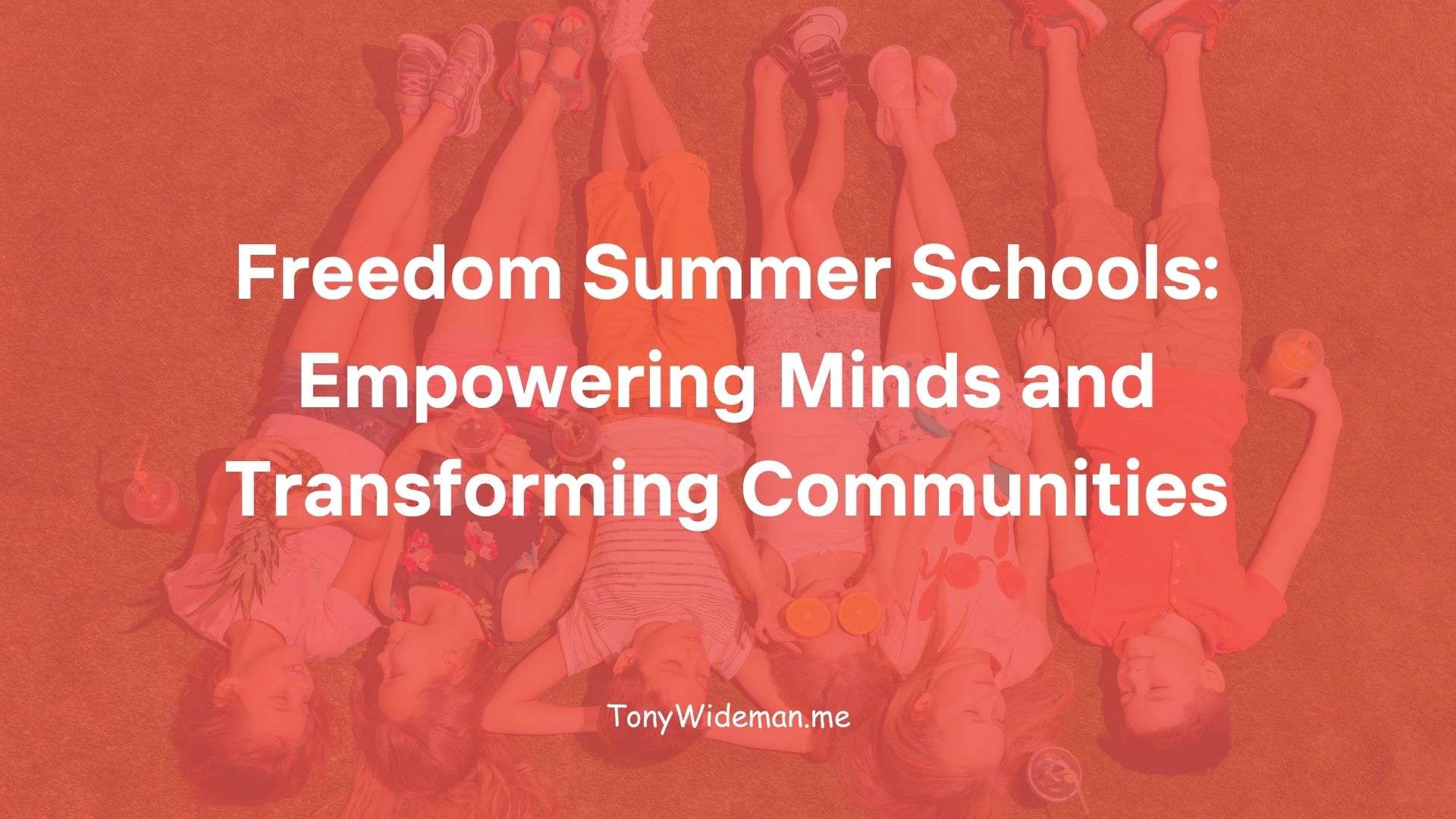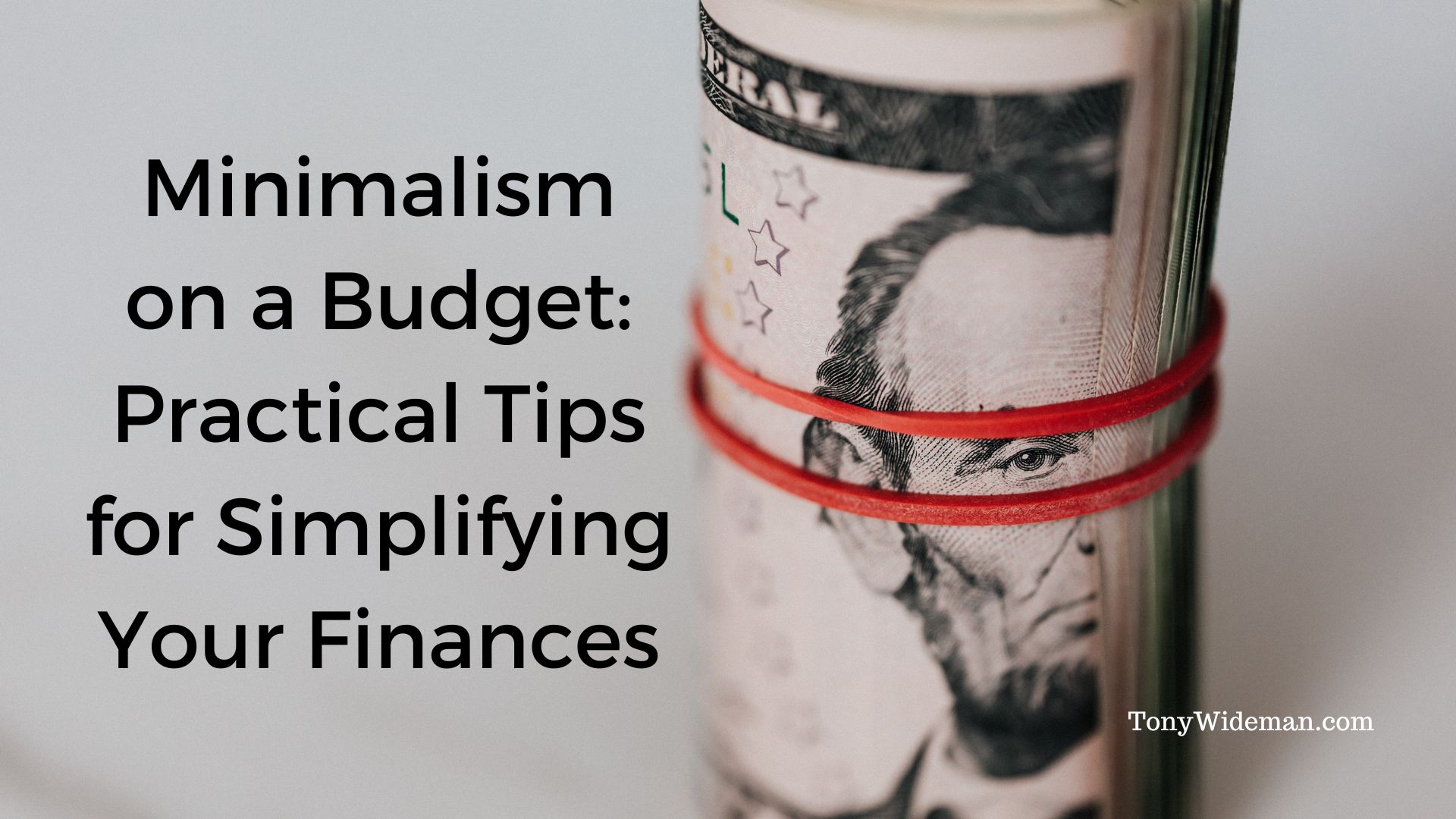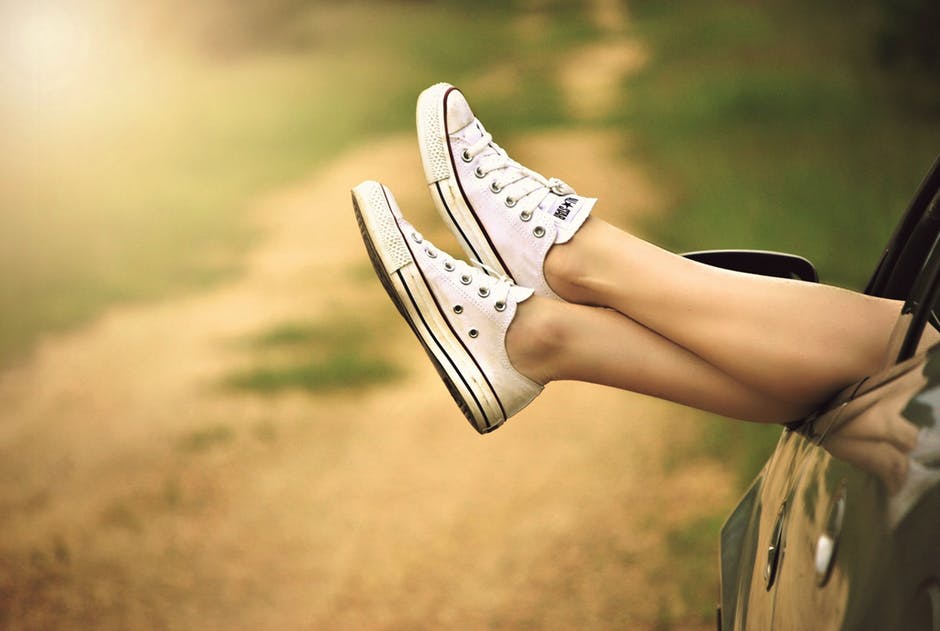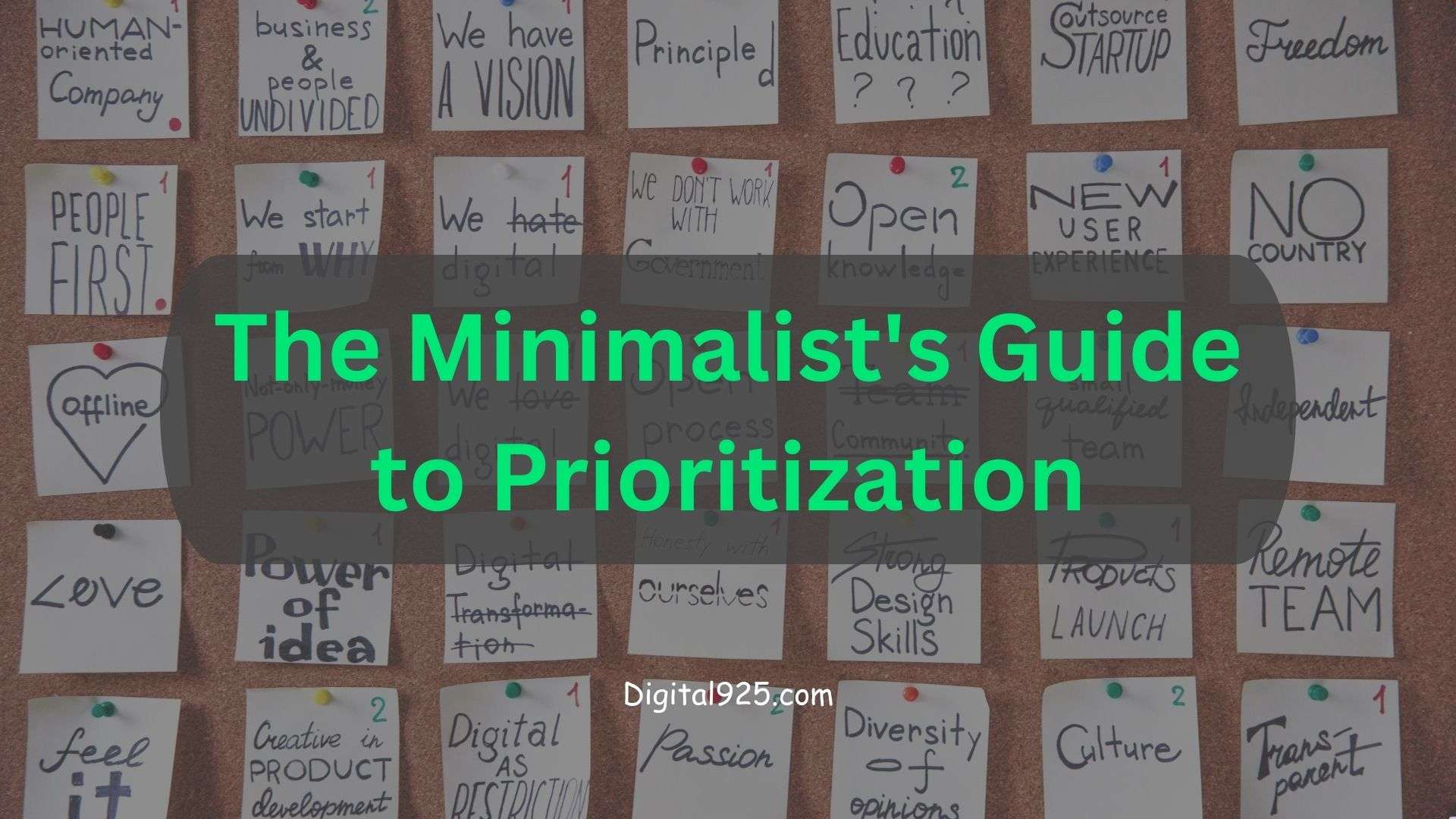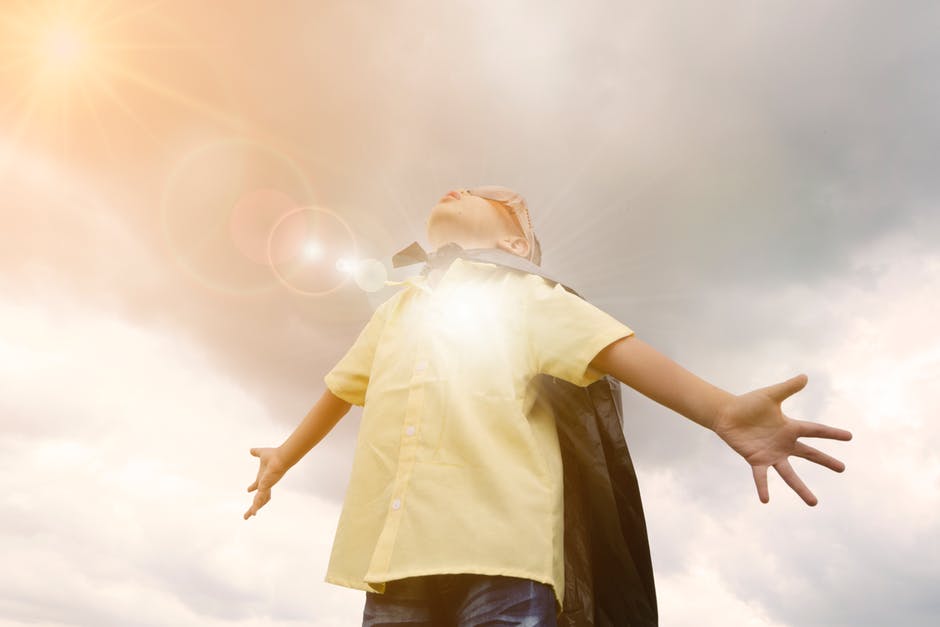Exploring the Psychology of Minimalism: Living with Less for a Fuller Life
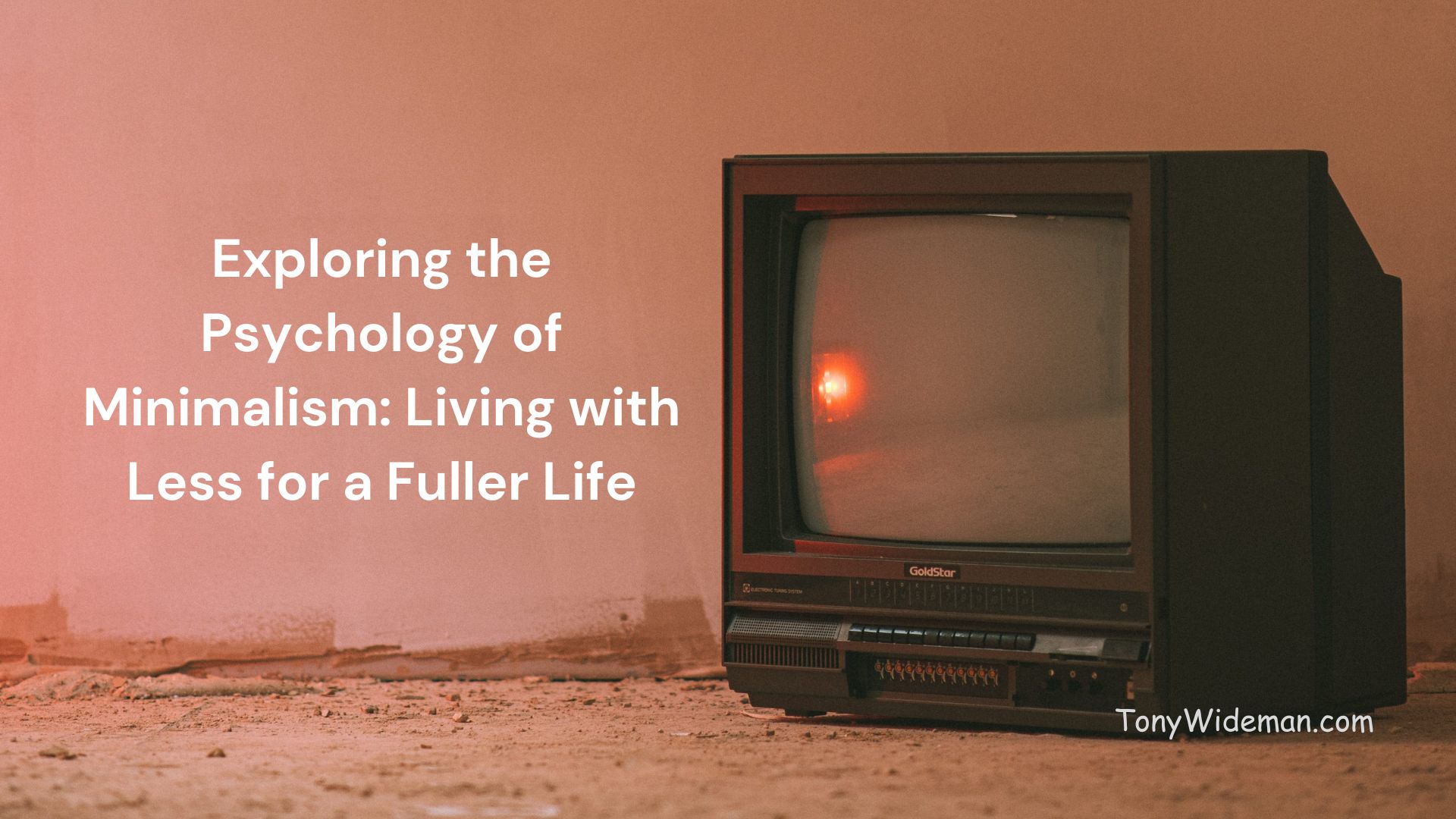
In a world that constantly bombards us with the allure of consumerism and the pursuit of more, minimalism stands as a beacon and transformative approach to life.
Minimalism is more than just a lifestyle trend. This lifestyle, which champions the mantra “be happy with what you already have,” has gained significant popularity in recent years.
Let’s explore the psychology of minimalism and understand why it’s not just about decluttering our physical spaces but also our minds.
Introduction
Minimalism is not about living with as little as possible; rather, it’s a deliberate choice to simplify and declutter our lives, both physically and mentally.
In a world filled with constant distractions and materialism, understanding the psychological aspects of minimalism can be a life-changing experience.
What is Minimalism?
Minimalism is a way of life that encourages individuals to focus on what truly matters while shedding the unnecessary.
It’s about embracing simplicity, removing excess, and finding contentment in owning less. This concept extends beyond material possessions and influences various aspects of life.
Historical Perspective
The roots of minimalism can be traced back to different cultures and movements throughout history.
From the Zen philosophy of Japan to the Bauhaus design principles in Germany, minimalism has been a recurring theme in human civilization.
Exploring its historical significance sheds light on its enduring appeal.
Psychological Benefits of Minimalism
Minimalism isn’t just about owning fewer possessions; it’s a psychology, a conscious choice to simplify and prioritize what truly matters.
By reducing the clutter in our lives, we create space for the things that bring us joy, contentment, and fulfillment.
Here are the key aspects of embracing minimalism:
Reduced Stress and Anxiety
One of the primary psychological benefits of minimalism is the reduction of stress and anxiety. By decluttering our physical spaces, we also declutter our minds.
This leads to a sense of calm and tranquility that is hard to achieve in a cluttered environment. The burden of excess possessions can weigh heavily on our mental state.
Minimalism helps to alleviate this stress by promoting a minimalist lifestyle. When we own only what we need and truly cherish, we find ourselves free from the anxiety of accumulating more stuff.
Increased Productivity and Focus
Minimalism encourages us to concentrate on what truly matters.
This shift in focus can greatly enhance productivity and concentration.
With fewer distractions, we can channel our energy into our goals and aspirations.
Improved Mental Well-being
Embracing minimalism can lead to improved mental well-being. As we let go of material possessions and unrealistic expectations, we discover a sense of freedom and self-acceptance.
This can have a profound impact on our mental health.
Clarity and Focus
Minimalism allows us to declutter our physical surroundings, which, in turn, declutters our minds.
When our environment is simplified, it’s easier to concentrate and stay focused on our goals and aspirations.
This clarity of thought empowers us to make better decisions and live with intention.
Enhanced Well-being
By eliminating distractions and simplifying our surroundings, minimalism fosters a sense of calm and contentment.
This can significantly improve our overall well-being, as we’re no longer preoccupied with the pursuit of material possessions.
[adrotate group=”9″]
[adrotate group=”12″]
The Minimalist Approach to Consumerism
Consumerism often promotes the idea that happiness is achieved through the acquisition of more, whether it’s more clothes, gadgets, or possessions.
However, minimalism challenges this notion, emphasizing that happiness comes from within and is not contingent on external possessions.
In a society where we’re constantly bombarded with advertisements and the pressure to “keep up with the Joneses,” minimalism encourages us to break free from the shackles of consumerism.
It’s about discovering contentment in having just enough, rather than constantly seeking more.
Minimalism in Everyday Life
Applying minimalism to everyday life involves making intentional choices about how we spend our time, what we consume, and how we interact with others.
This section explores practical ways to incorporate minimalism into your daily routine.
Transitioning to a Minimalist Lifestyle
The transition to minimalism is not just about decluttering your home; it’s a journey of self-discovery and personal growth.
Here’s how you can embark on this transformative path:
- Assessment: Start by evaluating your current possessions and identify what truly adds value to your life. Donate, sell, or discard the rest.
- Mindfulness: Practice mindfulness in your daily life. Be intentional with your choices and focus on what truly matters to you.
- Sustainability: Minimalism often aligns with sustainability. Opt for quality over quantity and consider the environmental impact of your choices.
- Digital Minimalism: Extend minimalism to your digital life by decluttering your online presence and social media accounts.
- Gratitude: Cultivate an attitude of gratitude. Acknowledge the value of the possessions and experiences you have.
The Connection Between Minimalism and Happiness
Studies have shown a strong connection between minimalism and happiness.
When we let go of the pursuit of material possessions and adopt a more minimalist lifestyle, we often find greater contentment and happiness.
In Conclusion
Minimalism is more than just a trend; it’s a lifestyle that can lead to a more meaningful and fulfilling existence.
By embracing the principles of minimalism, you can declutter your life, reduce stress, and find contentment in simplicity.
It’s about recognizing that true wealth lies not in the abundance of possessions but in the richness of experiences and the quality of our relationships.
In a world that often values excess, minimalism offers a path to a simpler, more profound way of living.
In conclusion, the psychology of minimalism offers a path to a more fulfilling and meaningful life.
By reducing stress, increasing productivity, and improving mental well-being, minimalism can lead to greater happiness and contentment.
[adrotate group=”9″]
[adrotate group=”12″]
5 Unique FAQs
- Is minimalism about owning as little as possible? No, minimalism is not about deprivation. It’s about intentionally choosing what adds value to your life and removing the unnecessary.
- Can anyone embrace minimalism? Yes, minimalism is accessible to everyone, regardless of their lifestyle or background. It’s about making conscious choices.
- How does minimalism impact the environment? Minimalism promotes eco-friendly practices by encouraging reduced consumption and waste.
- What are some practical steps to start with minimalism? Start by decluttering your living space and evaluating your priorities. Consider what truly matters to you.
- Can minimalism be applied to relationships? Yes, minimalism can extend to relationships by focusing on meaningful connections and reducing toxic or draining associations.

